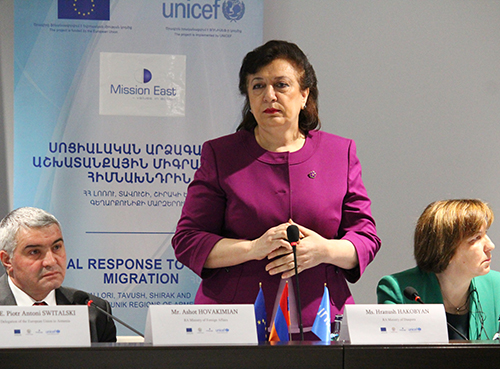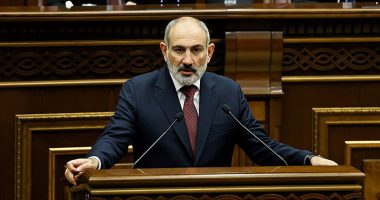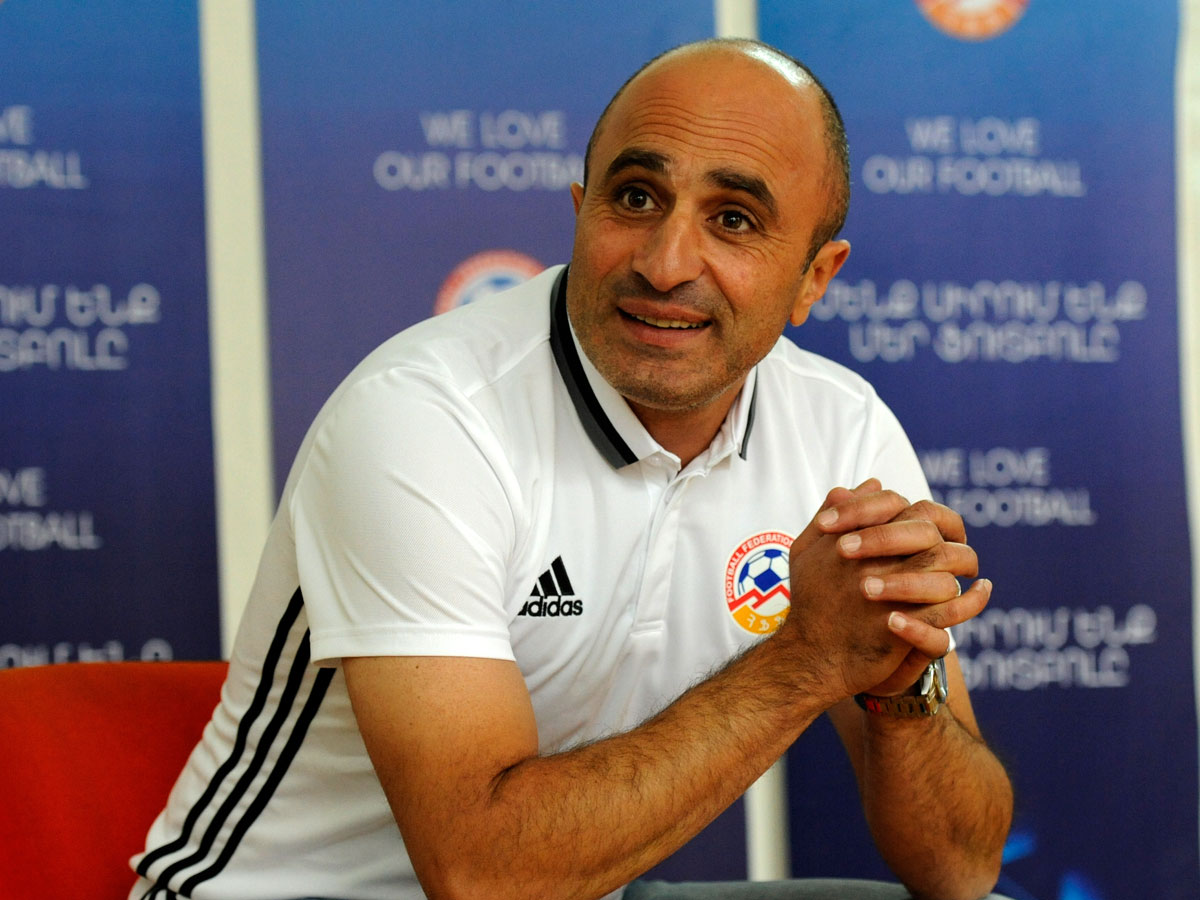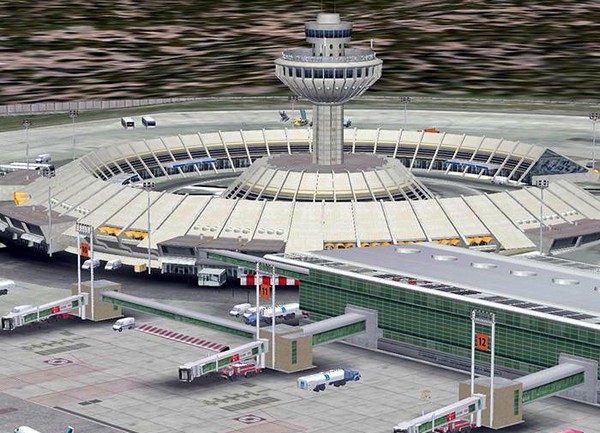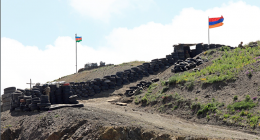YEREVAN — On February 3, a conference devoted to an innovative strategy on and approaches to Diaspora engagement in the sphere of child-related reforms was held through the combined efforts of the UNICEF, the Delegation of the European Union, the RA Ministry of Diaspora and Mission East. The conference was part of the EU-funded “Mitigation of the Social Impacts of Labor Migration and Increase in the Engagement of Migrants in the Local Development Process” Program, which is being carried out by the UNICEF.
Among the attendees were RA Minister of Diaspora Hranush Hakobyan, RA Deputy Minister of Foreign Affairs Ashot Hovakimyan, Head of the EU Delegation to Armenia-Ambassador Pyotr Anthony Svitalsky, representative of the Office of the UNICEF in Armenia Tanya Radochay, as well as over 70 representatives of state organizations and government agencies and organizations involved in solving Diaspora-related issues.
The participants of the conference discussed the innovative approaches to Diaspora engagement in the development of Armenia and the possible use of money transfers in child-related fields.
RA Minister of Diaspora Hranush Hakobyan delivered her opening remarks in which she welcomed the participants of the conference, attached importance to the organizing of a conference in this format and noted that it provides an opportunity to master the experiences of different countries, improve the Armenia-Diaspora partnership and use the potential of the Diaspora more effectively for the development of the homeland.
The minister presented the policy of the Republic of Armenia on the Armenia-Diaspora partnership, the strategic directions, as well as the major questions and problems.
“I would like to give special thanks to the UNICEF, the Delegation of the European Union and Mission East for this wonderful opportunity. These organizations help develop cross-cultural dialogue between countries with Diasporas, create a unique platform for mutual recognition and the exchange of knowledge, skills and experiences, as well as a special environment for establishing relationships. I am certain that the participants of the conference will hold active and constructive discussions, master the experiences and present reasonable and innovative approaches.
Development at the global or local levels will be impossible without making investments and human resources. Making investments for the implementation of children’s programs is the best path to take in order to help the country advance and contribute to the growth of a nation’s potential. Diaspora Armenians and Diaspora Armenian organizations can play a significant role in the creation of daycare centers, the provision of new social services for vulnerable families, as well as further development of alternative family care services and integrated social services for children,” UNICEF representative Tanya Radochay said.
RA Deputy Minister of Foreign Affairs Ashot Hovakimyan welcomed the participants of the conference and mentioned that the programs and projects that Diaspora Armenians are carrying out for Armenia are of great significance, adding that over the past decade, Armenia and the Diaspora have used a tremendous amount of resources to help develop Armenia-Diaspora relations and take advantage of those relations effectively.
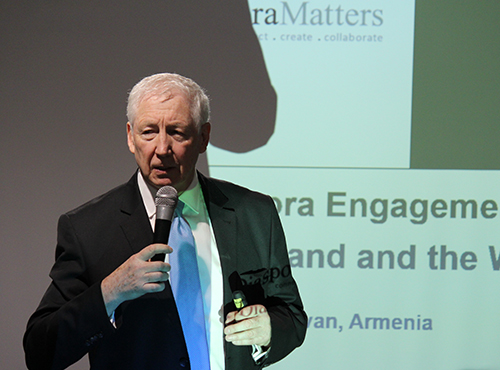

Kingsley Aikins presented Ireland’s unique format for Diaspora engagement in the country’s development, providing the opportunity to use the Diaspora’s potential for the development of economy and other sectors and for the creation of jobs.
Kathleen Newland presented various ways for the possible use of money transfers for children’s welfare, including direct funding, the application of financial tools and services and the use of social networks.
The speakers also answered questions from the participants, after which everyone discussed issues and exchanged their views.
RA Minister of Diaspora Hranush Hakobyan gave a closing speech.
During his visit, on February 2, Kingsley Aikins delivered a lecture devoted to Diaspora engagement strategies for the staff of the RA Ministry of Diaspora. Theme-based discussions were also held for members of the Training and Research Center of the Central Bank of the Republic of Armenia and several other interested parties in the country.
The speakers’ visits were organized in continuation of the Armenian delegation’s visit to Ireland in October 2015, the purpose of which was to study the Irish experience in Diaspora engagement. The participants discussed issues related to social development of the Diaspora and migrants in Armenia and the use of the potential in child-related reforms in order to support more vulnerable children and families.

